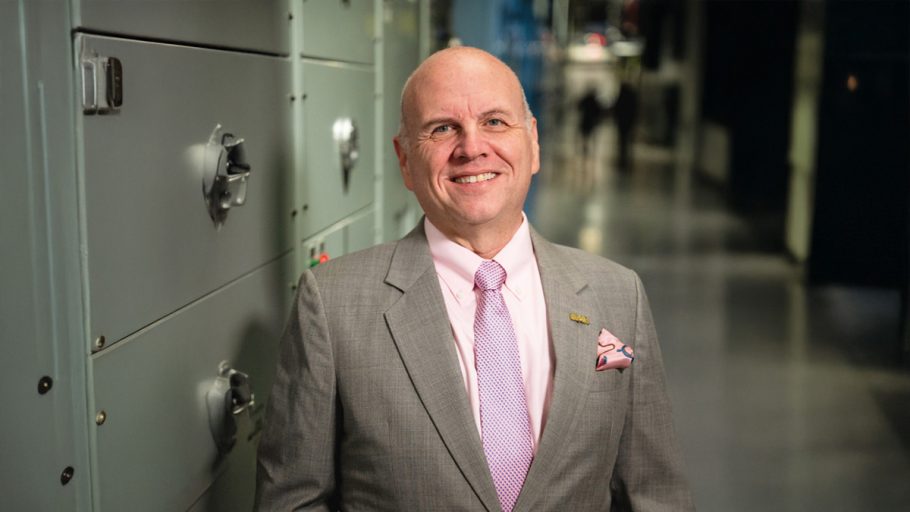Data centers have become indispensable economic drivers, transforming communities and powering the digital economy. Nowhere is this more evident than in Loudoun County, Virginia, home to the world’s largest concentration of data centers. This year alone, Loudoun County expects to receive approximately 1 billion USD in tax revenue from the sector, enabling significant benefits like a 42-cent reduction in property tax rates over recent years. Yet, the exponential growth of this industry poses a critical challenge: managing the energy needs of data centers in a way that balances sustainability, reliability, and affordability.
The Energy Landscape: A Tipping Point
Between 2000 and 2020, US electricity consumption exhibited minimal growth, with per capita residential electricity use declining by five percent since 2010 due to energy efficiency improvements and warmer weather patterns. However, from 2021 to 2023, electricity demand has surged, driven by the expansion of data centers, adoption of electric vehicles (EVs), and increased use of heat pumps.
Between its 2022 and 2024 load forecasts, grid operator PJM raised its 2030 expectations for coincident peak load by 16GW (ten percent), primarily due to increased expectations of data center and EV growth. PJM’s 2024 load forecast sees peak load rising from 153.5GW in 2025 to 165.7GW in 2029.

Data centers have become significant consumers of electricity due to the proliferation of digital services and artificial intelligence (AI) applications. In 2022, data centers accounted for about three percent of total US power demand. Projections suggest that by 2030, this figure could rise to between eight percent and 12 percent, necessitating substantial investments in new generation capacity to support this growth.
ABOUT THE AUTHOR
Buddy Rizer is an experienced strategic leader, manager, communicator, and sales professional. In his current role, he leads the agency responsible for encouraging growth and developing relationships with Loudoun’s business community in both the commercial and agricultural-based business sectors. During his tenure, Rizer and his team have attracted more than 50 billion USD in new commercial investment and more than 50 thousand new jobs. Rizer joined Loudoun County in 2007 and helped build “Data Center Alley” into the largest concentration of data centers in the world. He also has extensive international business development experience in China, France, Germany, Russia, Ireland, United Kingdom, Finland, Taiwan, Japan, India, Korea, Ghana, Uruguay, and the United Arab Emirates.
Rizer also serves as Chair of the Northern Virginia Economic Development Alliance and is a member of the Board of Trustees for Northern Virginia Community College, Past-Chair of the Northern Virginia Community College Foundation Board, and Secretary of the Go Virginia Region 7 Council. He is on the Board of Directors for the Northern Virginia Technology Council, the Northern Virginia Chamber of Commerce, and the Washington Airports Task Force. He is also Chair of the Rivana at Innovation Station Community Development Authority.



























